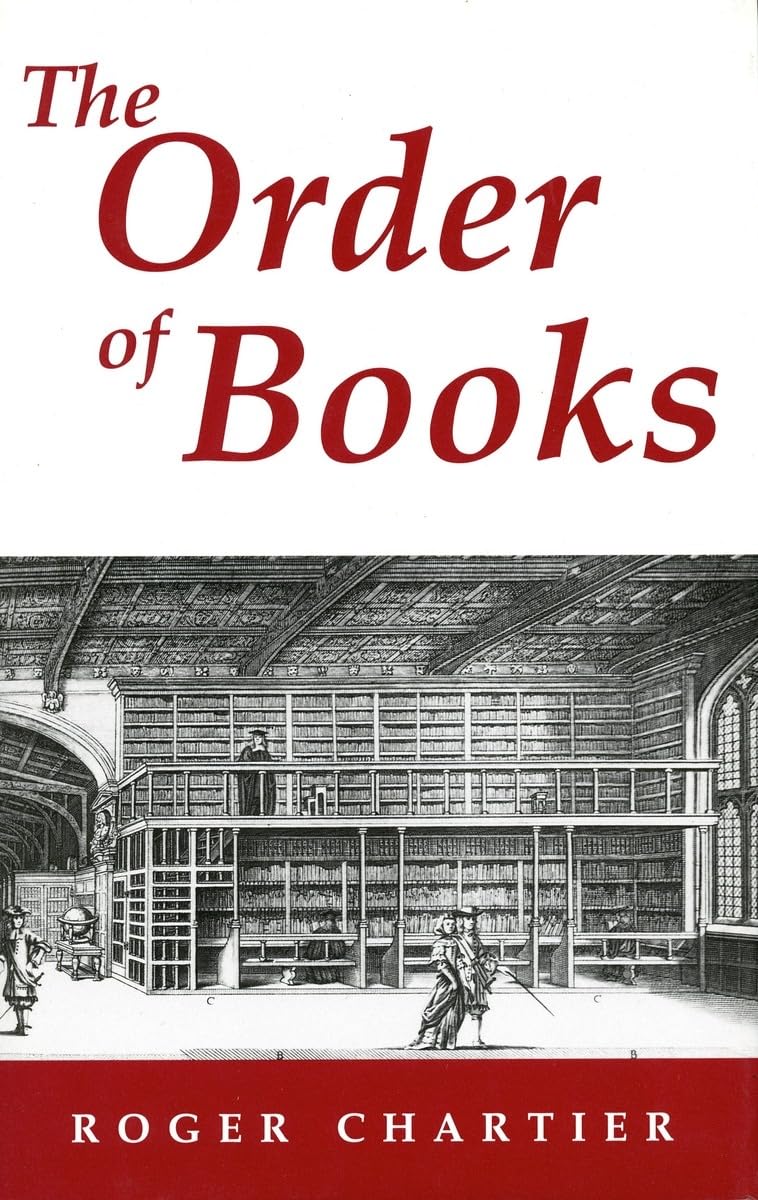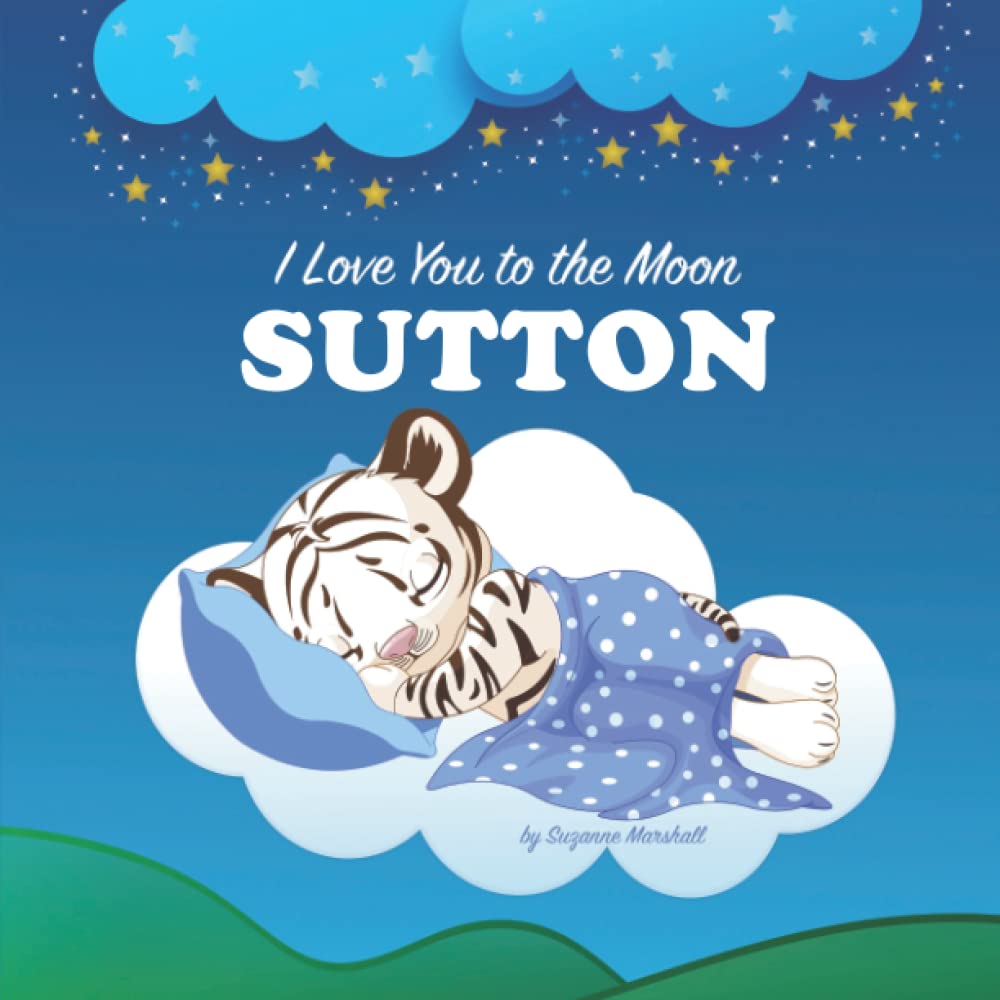Between the end of the Middle Ages and the eighteenth century, what methods were used to monitor and control the increasing number of texts―from the early handwritten books to the later, printed volumes―that were being put into circulation? In The Order of Books , Chartier examines the different systems required to regulate the world of writing through the centuries, from the registration of titles to the classification of works. The modern world has, he argues, directly inherited the products of this labor: the basic principle of referring to texts, the dream of a universal library, real or imaginary, containing all the works ever written, and the emergence of a new definition of the book leading to some of the innovations that transformed the relationship of the reader to the text. The Order of Books will be welcomed by students and researchers of cultural history, and the history of reading in particular. "Always thoughtful, analytically avant-garde without being trendy, The Order of Books is a tour de force not only in the cultural history of the book, but also in cultural history at the very point where it intersects with theory."―Orest Ranum, Johns Hopkins University Between the end of the Middle Ages and the eighteenth century, what methods were used to monitor and control the increasing number of texts—from the early handwritten books to the later, printed volumes—that were being put into circulation? In The Order of Books , Chartier examines the different systems required to regulate the world of writing through the centuries, from the registration of titles to the classification of works. The modern world has, he argues, directly inherited the products of this labor: the basic principle of referring to texts, the dream of a universal library, real or imaginary, containing all the works ever written, and the emergence of a new definition of the book leading to some of the innovations that transformed the relationship of the reader to the text. The Order of Books will be welcomed by students and researchers of cultural history, and the history of reading in particular. “Always thoughtful, analytically avant-garde without being trendy, The Order of Books is a tour de force not only in the cultural history of the book, but also in cultural history at the very point where it intersects with theory.”—Orest Ranum, Johns Hopkins University Roger Chartier is Directeur d'Études at the École des Hautes Études en Sciences Sociales in Paris. The Order of Books Readers, Authors, and Libraries in Europe between the Fourteenth and Eighteenth Centuries By Roger Chartier Stanford University Press Copyright © 1994 Polity Press All right reserved. ISBN: 978-0-8047-2267-4 Contents Preface.......................................vii1 Communities of Readers......................12 Figures of the Author.......................253 Libraries without Walls.....................61Epilogue......................................89Notes.........................................93Index.........................................115 Chapter One Communities of Readers Far from being writers - founders of their own place, heirs of the peasants of earlier ages now working on the soil of language, diggers of wells and builders of houses - readers are travellers; they move across lands belonging to someone else, like nomads poaching their way across fields they did not write, despoiling the wealth of Egypt to enjoy it themselves. Writing accumulates, stocks up, resists time by the establishment of a place and multiplies its production through the expansionism of reproduction. Reading takes no measures against the erosion of time (one forgets oneself and also forgets), it does not keep what it acquires, or it does so poorly, and each of the places through which it passes is a repetition of the lost paradise. This magnificent passage from Michel de Certeau which contrasts writing - conservative, fixed, durable - and reading - always of the order of the ephemeral - constitutes both an obligatory base and a disquieting challenge for any history that hopes to inventory and make sense out of a practice (reading) that only rarely leaves traces, that is scattered in an infinity of singular acts, and that easily shakes off all constraints. Such a proposal is based on a dual presupposition: that reading is not already inscribed in the text with no conceivable gap between the meaning assigned to it (by its author, by custom, by criticism, and so forth) and the interpretation that its readers might make of it; and, as a corollary, that a text exists only because there is a reader to give it meaning. To return to Michel de Certeau: Whether it is a question of newspapers or Proust, the text has a meaning only through its readers; it changes along with them; it is ordered in accord with codes of perception that it does not control. It becomes a text only in its relation to the exteriority of the reader, by an int













